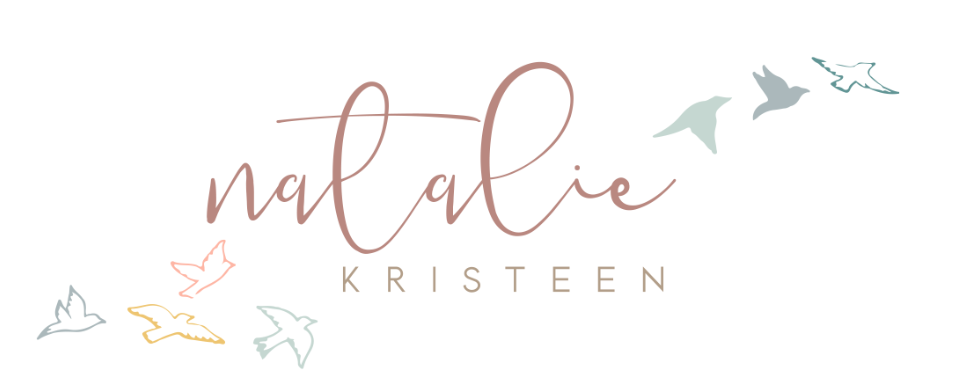How One African Family Celebrates Black History Month
As we continue Black History Month, it is my greatest hope that you continue to learn and hear from Black People, sharing their experience. We cannot fully understand the world, the gospel, or even ourselves if we are not listening to and learning from people who live a different experience than us.
Helen did a three-post series with us last year about hair care and black culture. You can find that here.
As a black family, we are constantly reminded of our blackness everywhere we go and through our day to day interactions.
When we engage in conversations, it becomes evident very quickly through our accents that we are immigrants. The next question usually is: Which part of Africa are you from?
When Dr. Martin Luther King, Jr. Day comes along, we are already starting to celebrate his legacy in readiness for the Black History Month. In essence, MLK Day becomes a homestretch for black history month in our family.
Being raised in Africa gave me a lot of pride in our continent. My father talked to me a lot about fighting the war that gave our country her independence from Great Britain. I admired great African leaders and especially Nelson Mandela. I admired the men like my father who organized and fought to reclaim their ancestral land and pride. It taught me to be proud of who we are, our history and YES, civilization. (British rulers referred to Africans as uncivilized, barbaric, backward etc.).
We continue this pride in our home here in the United States.
Our history and identity is more complex than when my dad gave me “the talk”.
In America, we aren’t just Africans: We are African Americans, Africans, Black or Immigrants, depending really on who is asking the question. We celebrate the diversity we have added into the mix of that demographic.
During and after MLK Day, we read books on Dr. Martin Luther King Jr., we watch the marches and resistance efforts as well as watching and re-watching the “I have a dream” speech.
We break down that word to the simplest of terms: DREAM. It is big yet small.
We talk to our children emphasizing the validity of their dreams.
Our older child is almost 5 and she draws and imagines with crayons the world she would like to see. Last year, she dreamt of world with more Daisies and dandelions. Bless. This year, she used watercolor paint to draw a rainbow. She is intrigued with the story of Noah in the Bible and significance of the rainbow at the end of the flood.
As a family, we reach out more during the Black History Month to see who we can lift up. Black people have faced a great deal of adversity, from oppression and police brutality in the USA, major natural disasters in the Caribbean and poverty and war in Africa. Yet Black people are resilient partly due to the sense of community and spirit of sistahood and brotherhood that runs deep. This is my favorite part of all. We see ourselves partly as an extension of other black people that came before us.
My experience after living in America for 10 years is that Black people are very misunderstood. I had one lady ask me whether being called Black was offensive. Imagine that.
We have random hair questions from strangers. At times I wonder if some might think we are aliens from another planet.
Yet this mystery that is astonishing elicits a sense pride in me.
We are who we are. Black. Proud. And here.
MORE ABOUT HELEN
Helen is African; she moved from Kenya to Los Angeles in March 2007 with an F-1 Visa. She pursued a Masters Degree in Business; after graduating in 2009 she married Mike. They moved from CA to Tennessee where she went back to school for her second Masters degree in Mental Health and counseling. She is currently a board certified behavior analyst practicing in Northwestern Suburbs of Chicago. Her and her beloved Mike are raising two of the most beautiful children.
In Helen's words, "I grew up in rural Kenya in a large family. We had very little but community always took care of each other. The concept of family was looser than it is in the United States. There were few families that I knew had adopted children from the community, although the process itself did not involve lawyers or courts.
I knew when I was little it was my desire to grow my family that way. I just did not know how or if it was possible until later down the road when I researched more about adopting in the United States. I am blessed my husband respected my decision, embraced the idea, and we started the process in 2012 with our first adoption.
We have two children now through adoption. Malika, adopted from Ethiopia in 2014 and Eli adopted from Las Vegas in 2016."





